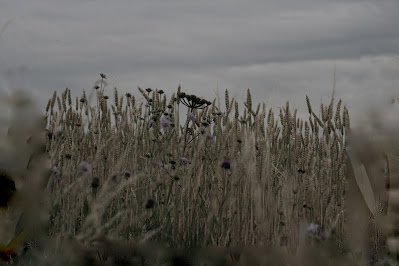 | ||
Dr Roxy on her therapy couch treats a patient |
A new syndrome in humans has been discovered - cat deprivation syndrome. Do you know a human who is suffering? Here is an outline of the symptoms.
- Intense loneliness. This emotion is felt despite socialisation between humans. In households with partners and children, it is still the primary symptom. In lone-human households, it can become seriously overwhelming.
- Purr deprivation during the night. The human frequently wakes and misses the purr. This leads to prolonged sleeplessness due to what we cats call "unnnatural night silence." More room on the bed does not compensate for purr absence.
- The breakfast gap. This occurs when the human staggers downstairs to put down cat food. Realises there is no cat. Has to fill the gap by making her own coffee first. Schedule disruption produces inner uneasiness.
- Empty-house ideation. The human's mind is full of images of an empty house. Empty armchairs. Empty beds. Empty windowsills
- Missing rituals - such as the litter skitter, the move-over-you-are-on-my-chair, the belly flop, where-ie-my-dinner, the greeting-you scratch on mat, don't-interrupt-my-grooming-sequence.
- Improverished cleaning rituals. Where has the hair gone? Paradoxical feelings of dismay rather than relief.





